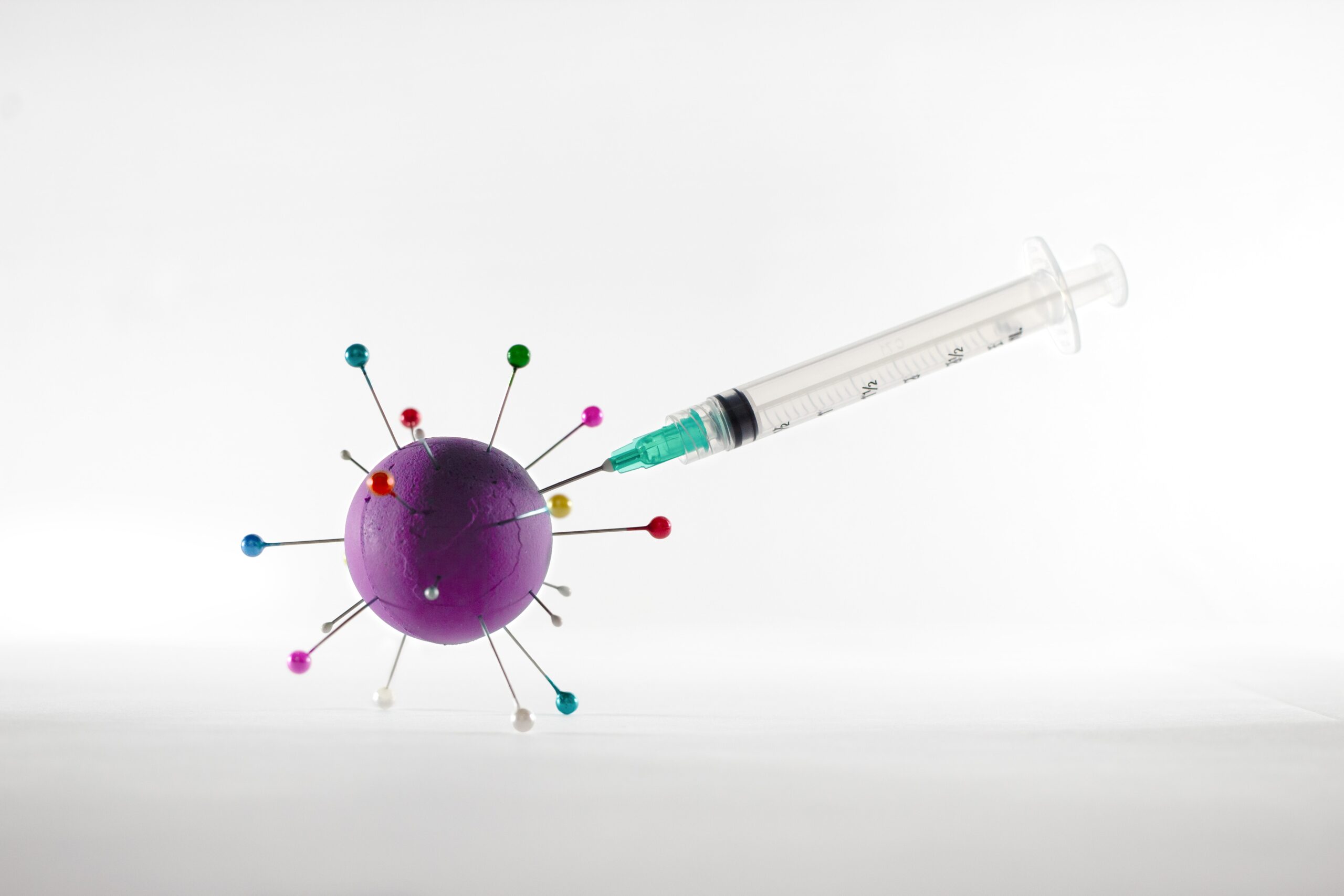
All adults in the U.S. are now eligible for COVID-19 vaccines, speeding up the initial estimate of when vaccinations would be available to American college students.
A new survey of 1,500 undergraduates finds that almost 3 in 10 (28%) have received a COVID-19 vaccine, but not all students are getting vaccinated at the same rate. College Republicans are less likely than college Democrats to already be vaccinated (12% vs. 33%). And Black students (22%) are less likely than their Hispanic/Latinx (34%), Asian (29%), and white (28%) peers to have received a vaccine.
Among students who aren’t yet vaccinated, Republican students are seven times more likely than Democratic students to say they wouldn’t take an opportunity to get vaccinated (28% vs. 4%) and three times more likely to say they’re undecided (16% vs. 5%). This trend is seen across the general adult population, with a new Monmouth University poll finding that 45% of Republican adults say they don’t plan to get vaccinated. But compared to older Republicans, conservative college students show more indecisiveness about what they’ll do regarding vaccinations. Overall, 1 in 10 college students say they are either undecided (10%) or won’t get vaccinated (11%).
Vaccine hesitation is also more common in white students compared to students of color. White students (54%) are less likely than Asian (75%), Hispanic/Latinx (64%), and Black students (63%) to say they’ll get vaccinated as soon as possible. Black (14%) and white students (11%) are more likely than Hispanic/Latinx (5%) and Asian students (4%) to be undecided.
White Republican Students are Less Likely to Want a Vaccine
If you had the opportunity to get a vaccine, would you take it?
Students who report being unlikely to get vaccinated cite a lack of information as the main reason. More than 4 in 10 (42%) students who are either somewhat or extremely unlikely to get vaccinated say it’s because there’s not enough information about the vaccines, compared to 17% who don’t trust the vaccines. Republican students in particular who are unlikely to get vaccinated say there’s not enough information about the vaccines (49%), while 23% don’t trust the vaccines.
When it comes to where students are getting information about the three vaccines being used in the U.S., they report getting information from a combination of online and print news sources (28%), friends and family (19%), and their college (12%). Only 6% of Republicans are primarily getting information from their college, compared to 14% of Democrats. And Republicans are more likely to say they don’t really follow news about the vaccines (18% vs. 4%).
A strong majority of students say the information they’re receiving about the vaccines is both trustworthy (79%) and clear (78%). However, Black students are less likely than their peers to say the facts they’re seeing are very trustworthy (28% vs. 40% of students overall). Among students who are primarily getting information from their university, 9 in 10 (89%) consider it trustworthy and 8 in 10 (84%) find it clear enough to understand.
When students return to campus in the fall, they expect to find COVID-19 safety precautions in place. About 6 in 10 students expect to see hand sanitizing stations (68%), students and professors wearing masks indoors (63%), physically-distanced spaces (59%). About half (53%) expect regular COVID-19 testing, and a previous College Pulse study found that 71% of students believe colleges have the right to require vaccinations before students return to campus.
6 in 10 Students Expect to See Masks on Campus in the Fall
Which of the following do you expect from your college when you return to campus? Select all that apply.
Many students have struggled with their mental health throughout the pandemic, and 4 in 10 (42%) report knowing someone who has died of COVID-19. About 1 in 10 (11%) had a family member pass away, while 6% lost a friend and 28% know someone else who died. The numbers are especially stark for Hispanic/Latinx students. A majority (56%) of Hispanic/Latinx students know someone who died, including one-quarter (24%) who lost a family member.
As universities prepare for the fall, it’s important to understand students’ feelings about vaccinations in order to better communicate vaccine information to anyone looking to return to campus. Colleges should also be prepared to address the past year’s impact on students’ mental and emotional health and create realistic expectations about returning to normal.
___________________________
Methodology: This survey was designed and conducted by College Pulse. Interviews were conducted from March 22 to April 4 among a sample of 1,500 full-time and part-time students attending colleges or universities in the U.S. who are part of College Pulse’s American College Student Panel.




